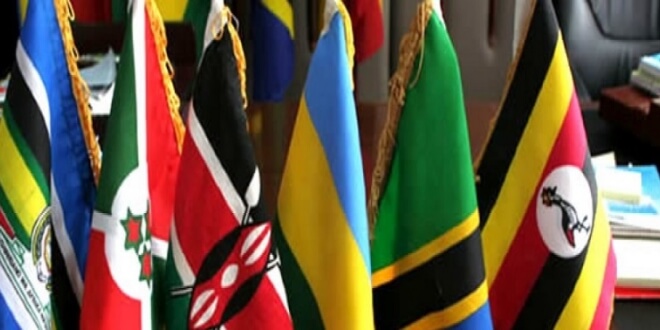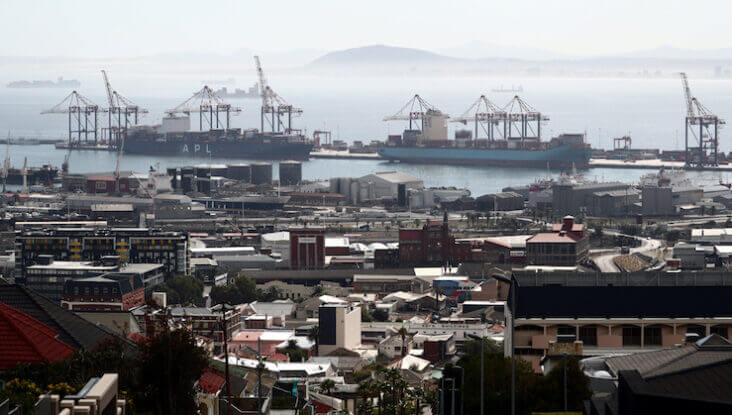In a 17-page document titled 'EAC Administrative Guidelines to Facilitate Movement of Goods and Services During the Covid-19 Pandemic' sent to the six partner states, the EAC Secretariat called on member states to enforce mandatory screening or testing of truck drivers and crew at border posts. Undertaking mobile monitoring during transit at selected inland points is also important, it said. Partner states were further advised to quarantine those with symptoms for 14 days under the supervision of the respective health ministries. To facilitate cross-border trade during the ongoing crisis occasioned by the novel coronavirus, member countries must adopt a multi-sectoral and coordinated approach, it said. They need to provide access at all designated points for entry and exit of goods and treat cross-border movement of trucks and cargo as essential services, the document underlined. Items to be prioritized as essential goods to mitigate the Covid-19 pandemic are food, fuel, medicaments, agricultural products and inputs, security supplies, emergency and humanitarian relief goods, it said. To mitigate critical shortages of equipment and supplies, member states need to promote local production of the items required to contain Covid-19, for example, medicaments, sanitizers, protective gear and ventilators, it said. “Partner states have further been advised to support the micro, small and medium enterprises (MSMEs) sector which employs many East Africans by exploring avenues to enable MSMEs to remain in business and expand as a foundation for the post-Covid-19 recovery process,” the statement reads in part. Transporters and transporters' associations must adhere to the requirement...
Treat truck drivers, crew testing Covid-19 positive
Posted on: May 5, 2020
Posted on: May 5, 2020






















